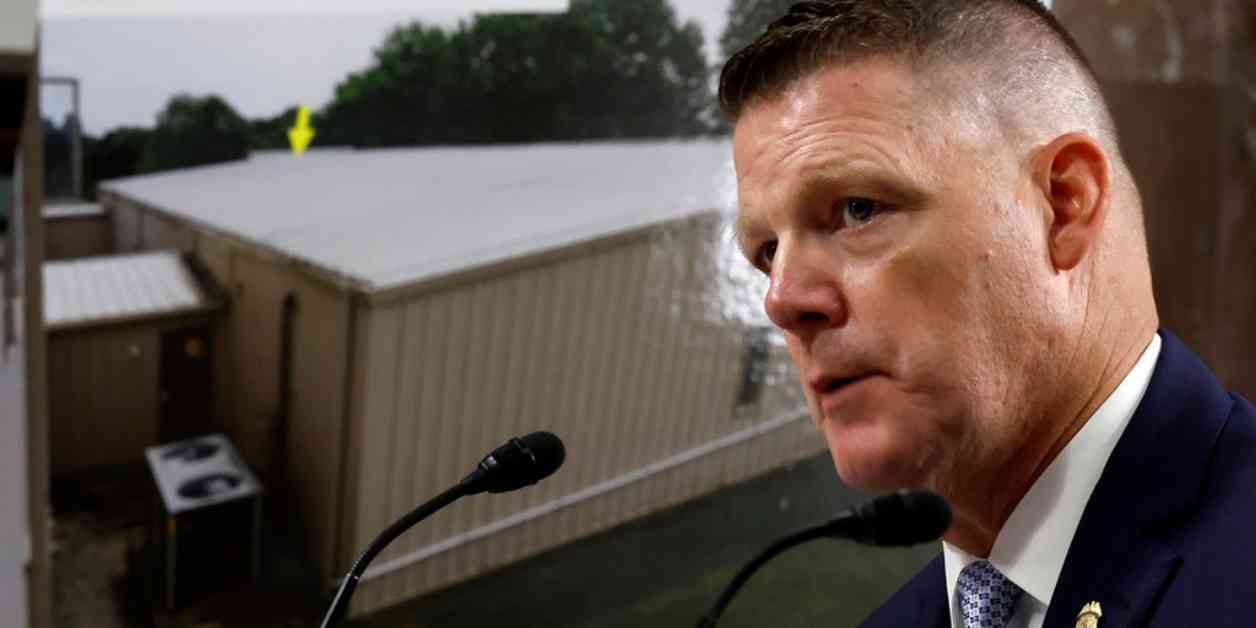Acting Secret Service Director Ronald Rowe Jr. faces accusations of reducing staffing in the Counter Surveillance Division (CSD), which may have led to security failures before the recent rally in Butler, Pennsylvania. According to a whistleblower who spoke to Senator Josh Hawley, the CSD did not perform its usual threat assessment duties prior to the event, which could have prevented the attempted assassination of former President Trump.
The whistleblower claimed that if the CSD had been present at the rally, the perpetrator, Thomas Matthew Crooks, could have been apprehended before the incident occurred. Hawley’s office revealed that Rowe allegedly directed significant cuts to the CSD, reducing manpower by up to twenty percent. Additionally, the whistleblower mentioned a cultural issue within the Secret Service, where retaliation was threatened against those who raised security concerns.
Following the event in Butler, where Trump narrowly escaped assassination, Secret Service personnel expressed concerns about the use of local law enforcement for security purposes. They alleged that local law enforcement was not adequately trained or prepared for the event, leading to security vulnerabilities. Those who raised these concerns were reportedly retaliated against, according to the whistleblower.
In response to these allegations, the Secret Service spokesperson stated that they would address Senator Hawley’s requests through official channels. The timeline of events leading up to the attempted assassination revealed that law enforcement officials identified a suspicious person near the rally grounds approximately 90 minutes before the incident. Despite temporarily losing sight of the individual, a sniper eventually spotted Crooks 20 minutes before the shooting took place.
The accusations against Acting Director Rowe raise questions about the security protocols and staffing decisions within the Secret Service. The failure of the CSD to perform its threat assessment duties highlights a critical gap in security measures that could have prevented a potentially fatal incident. The cultural issues within the organization, as described by the whistleblower, indicate a need for internal reforms to ensure that security concerns are addressed and personnel are not subjected to retaliation for raising valid issues.
Moving forward, it is essential for the Secret Service to conduct a thorough review of its security protocols and staffing decisions to prevent similar security failures in the future. Transparency and accountability within the organization are crucial to maintaining public trust and ensuring the safety of high-profile individuals at public events. Senator Hawley’s efforts to investigate these allegations demonstrate a commitment to oversight and accountability within the Secret Service, and it is imperative that the agency responds appropriately to address these concerns.




















